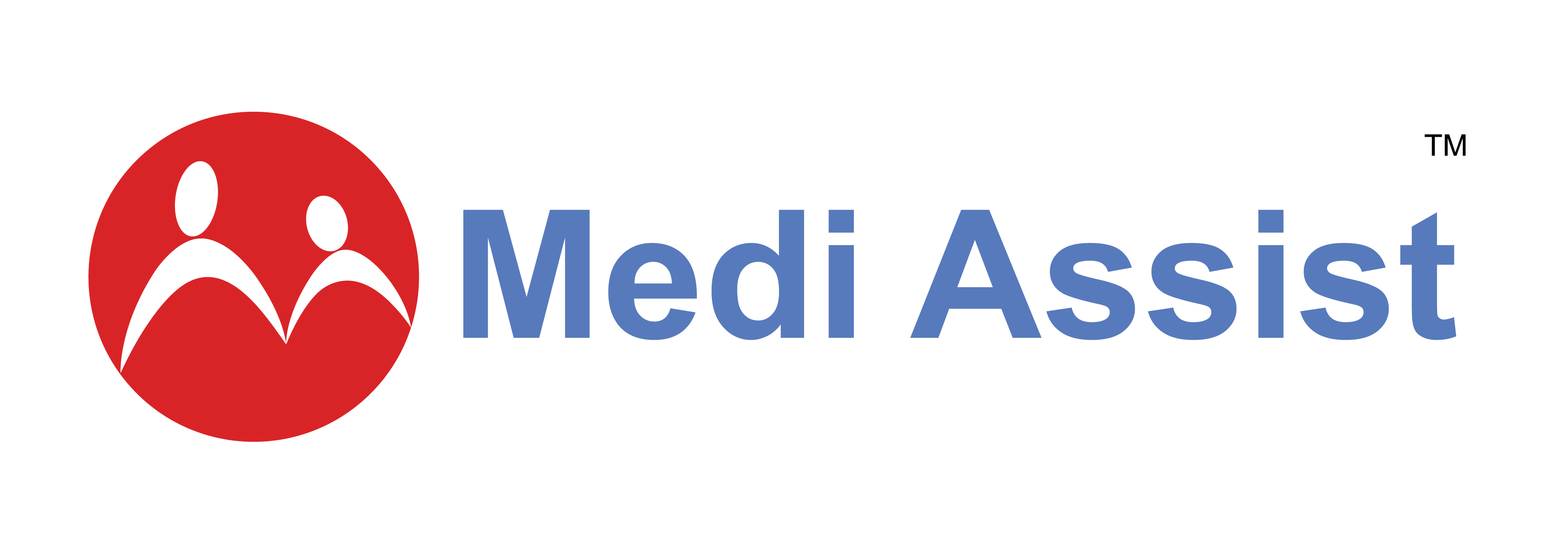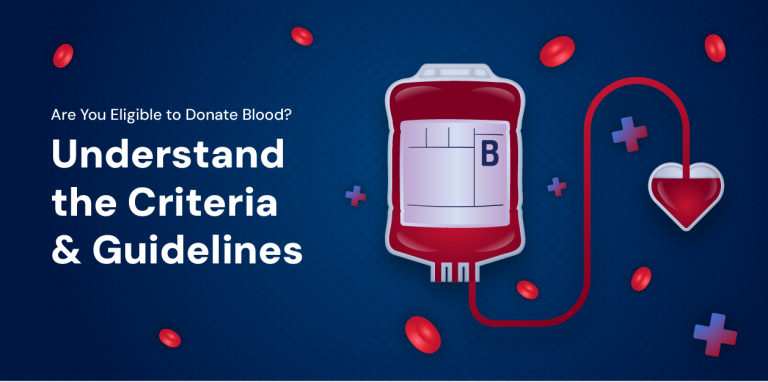Immunisation remains among the most impactful public health initiatives undertaken in human history. It has played a pivotal role in preventing and managing infectious diseases. Vaccines have significantly reduced the burden of numerous illnesses by working with the body’s natural defences and saving many lives. Thus improving the health and well-being of the community.
Let’s investigate the various aspects of how immunisation transforms lives.
Importance of Immunisation
- Builds immunity – Immunisation stimulates the immune system to prepare to encounter specific pathogens such as bacteria or viruses. This either prevents the disease altogether or reduces its severity. Interestingly, vaccines mimic the infection without causing the illness, preparing the body with the required defences to ward off future encounters with the actual pathogen.
- Controls fatal diseases– Immunisation effectively stops the spread of infectious diseases that are potential health threats to public health. Vaccines have prevented over 20 fatal diseases through immunisation, enabling people to live longer and healthier lives. This measure has averted over 5.5 million deaths annually from diseases such as diphtheria, tetanus, pertussis, influenza, and measles.
- Helps achieve herd immunity– Herd immunity is achieved when a significant section of the community develops immunity against a particular disease through vaccination. This collective immunity protects people who cannot receive vaccinations for medical reasons or are immuno compromised, effectively preventing outbreaks.
- Assists in successfully eradicating diseases– Immunisation drives have successfully eradicated some diseases globally. The most notable examples are smallpox and polio, both highly contagious and deadly viral infections that have affected people for years. Other diseases, like rubella, can be transmitted from a mother to her unborn child if she is not vaccinated. Hence, immunisation plays a crucial role in stopping the transmission of severe diseases to future generations, ensuring they grow healthier and free from these preventable illnesses.
- Reduces healthcare costs– Investing in immunisation programs reduces healthcare costs associated with treating and managing diseases, especially in low to moderate-income demographics. This leads to better economic returns by lowering the productivity losses stemming from the illness.
Challenges in Immunisation
Despite the undisputed importance of immunisation, many people worldwide continue to miss out on vaccination. The primary challenges include:
- Accessibility: Getting the vaccines across to remote places.
- Storage: Maintaining the vaccines in cool conditions for optimal effectiveness.
- Distribution: Providing vaccines during displacement caused by conflict or natural disasters.
- Supply: Availability of sufficient vaccines for everyone.
- Vaccine hesitancy: Addressing reluctance towards vaccines due to misinformation, ignorance, or doubts.
Overcoming Immunisation Challenges
Adopting effective communication strategies, encouraging transparent information dissemination, and building trust between healthcare providers and communities are crucial in dealing with the challenges in the immunisation process. Additionally, improving immunisation coverage and holding vaccine clinics at convenient hours can significantly improve accessibility.
Conclusion:
Immunisation stands as a cornerstone of public health. Along with clean water and better access to healthcare, vaccinations have contributed definitively to increasing life expectancy. By leveraging the power of vaccines, societies can prevent outbreaks and open doors for healthier, more resilient communities.
-Content partner Happiest Health










